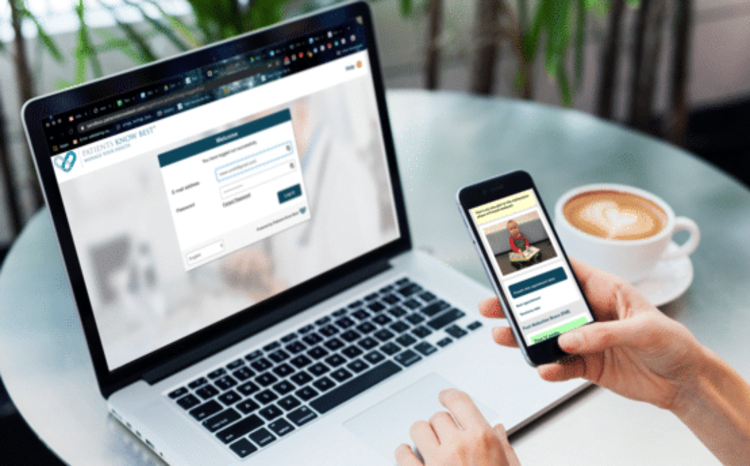Campaign urges better telecoms for deaf users
- 7 May 2008
Charities representing deaf and hard-of-hearing citizens are lobbying the government to improve access to modernised, fairly-priced telecom services suited to their needs.
TAG, which represents all the UK’s main deaf and hard-of-hearing organisations concerned with electronic communications, is encouraging deaf people to take a one-off opportunity to use two telephone services adapted to their needs to lobby their MPs and call for policies to make deaf telecoms in Britain more digital.
A spokesperson told E-Health Insider: “Poor access to the telephone severely affects the lives and life chances of deaf and hard-of-hearing people. New-style services which enable deaf people to use the phone have been available for several years and are used widely in countries like America and Australia.
“These services have appeared in the UK, but only two remain as the others have been forced to close through a lack of funding. Our campaign seeks to bring deaf telecoms into the 21st century.”
As part of the lobby, sign language users will communicate with their MPs on a phone via an interpreter and a system called video relay, while others will use captioned relay to talk to their MP using their own voice and reading the MPs reply in text on-screen almost as soon as he or she speaks.
The date of the lobby is still to be decided.
Ruth Myers, chair of TAG, said: “Four decades after telephones became commonplace in British households, many deaf and hard-of-hearing people still struggle to use the telephone network and some cannot use it at all. They are bereft of key telephone services that could help them gain equality with the rest of society, educationally and professionally.
“New types of phone relay systems using technologies like video communications and the Internet can dramatically improve telecommunications for deaf people, but the powers-that-be are dragging their feet in enabling their use by deaf and hard-of-hearing people at an affordable price.”
She added the lack of technology in the UK was “discrimination and an infringement of our human rights. Such services are already available at no extra cost in countries such as Sweden, the USA and Australia.
“All deaf and hard-of-hearing people are asking for is to be able to use technology that already exists at a fair price. We want to keep pace with technology. We want equality in education, training, the workplace and as consumers and citizens in the information society.”
TAG is a consortium made up of the British Deaf Association, LINK, National Association of Deafened People, National Deaf Children’s Society, Deaf Broadcasting Council, Royal Association in Aid of Deaf People, Deafness Support Network, Royal Association in Aid of Deaf People, Royal National Institute for Deaf People, deafPLUS, Scottish Council on Deafness, Hearing Concern and Sense.




